Office Distress Risks Are Rising
Many markets are under pressure from stagnant demand and declining DSCRs, the latest CommercialEdge report shows.
The anticipated wave of office distress hasn’t fully materialized, but the latest CommercialEdge office report indicates many markets are at risk.
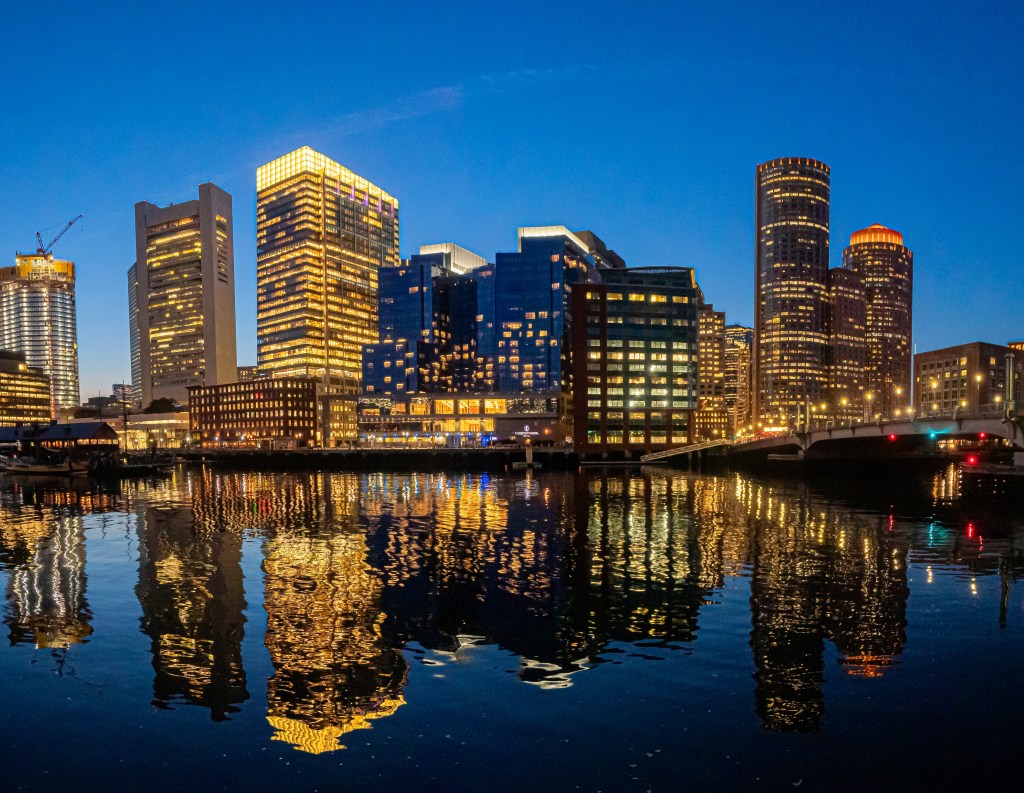
Debt service coverage ratios (DSCRs), measuring net operating income against debt obligations, have declined due to rising interest rates and increased debt costs. Vacancy rates have spiked as firms downsize or eliminate physical offices, leading to lower cash flow and higher expenses. Despite this, most markets are showing only limited risk.
In March, five of 91 markets analyzed by CommercialEdge had average DSCRs below 1.0, including Brooklyn, Oklahoma City, Chicago, El Paso, Texas, and Cleveland, Ohio. Eight other markets, like Manhattan and Nashville, Tenn., are at or just above the 1.25 ratio required by most lenders. However, it’s worth noting these market-level averages are estimates, and DSCRs can vary significantly within markets.
The downward pressure on DSCRs is unlikely to reverse soon. Office demand remains stagnant due to entrenched hybrid and remote work. Expense increases persist and upcoming interest rate cuts may not sufficiently aid distressed properties. The sector is adopting a “survive until ’25” mentality, hoping for better conditions next year.
READ ALSO: Let’s Put CRE’s Debt Maturity Burden Into Perspective
In April, the office-using sector lost 6,000 jobs and grew by just 0.4 percent year-over-year, with the annual growth rate staying below 1 percent since last June. The information sector lost 2,000 jobs and professional and business services shed 4,000 jobs. Financial activities was the only office-using sector to see growth, adding 6,000 jobs in April.
The national office vacancy rate clocked in at 18.8 percent at the end of April, a 210-basis-point increase from the same time in 2023. Vacancy rates have increased across almost all markets, with tech hubs like San Francisco (650 basis points), the Bay Area (400 basis points) and Seattle (400 basis points) seeing significant rises year-over-year. Financial centers such as Dallas (390 basis points) and Charlotte (380 basis points) and lab space centers like Boston (230 basis points) and San Diego (370 basis points) have also experienced notable increases.
National full-service equivalent listing rates averaged $37.66 per square foot in April, down 150 basis points year-over-year and 8 cents less than in the previous month. Some of the markets with the highest increases in average in-place rent were Miami (5.2 percent), New Jersey (4.8 percent), Detroit (4.2 percent), Atlanta (3.8 percent) and Tampa (2.9 percent).
Sharp decline in office construction across major U.S. cities
The office under-construction pipeline has significantly decreased, featuring 83.7 million square feet underway as of April, representing 1.2 percent of total stock. This marks a decline of over 50 percent in the past 18 months due to project completions and a slowdown in construction starts.
In 2024, only 3.2 million square feet of new office space started construction. Although 44.2 million square feet was started in 2023, driven by the life science and medical office sectors, even this has now stalled. Future interest rate cuts might gradually revive development, but a substantial increase in office starts is unlikely anytime soon.
In Boston, the active pipeline totaled some 13.8 million square feet, representing 5.6 percent of total stock. Nashville, Tenn., had 2.7 million square feet of office space underway, or 4.6 percent of stock. Austin, Texas, came in third with a 4.1 million-square-foot active pipeline, accounting for 4.4 percent of stock. Miami had 2.9 million square feet of office space under construction, representing 4.0 percent of stock.
Meanwhile, office investment in the first four months of 2024 totaled $7.5 billion. At the same time, the average sale price for a property stood at $157 per square foot. Washington, D.C., spearheaded office investment, amounting to $937 million in total, followed by the Bay Area, with $469 million in office sales.
Read the full CommercialEdge office report.

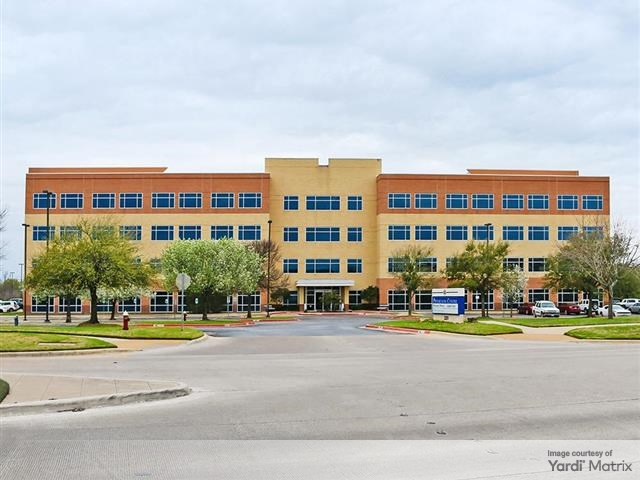
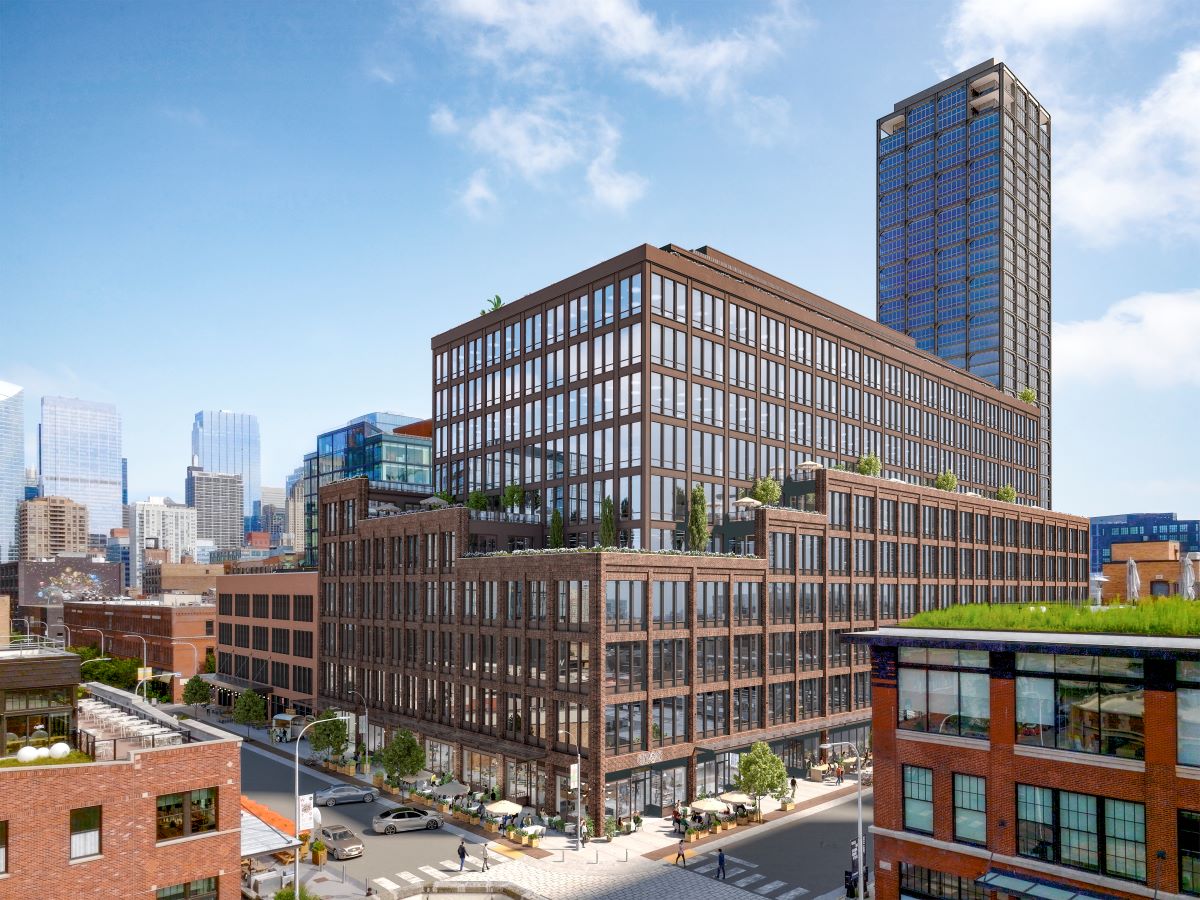

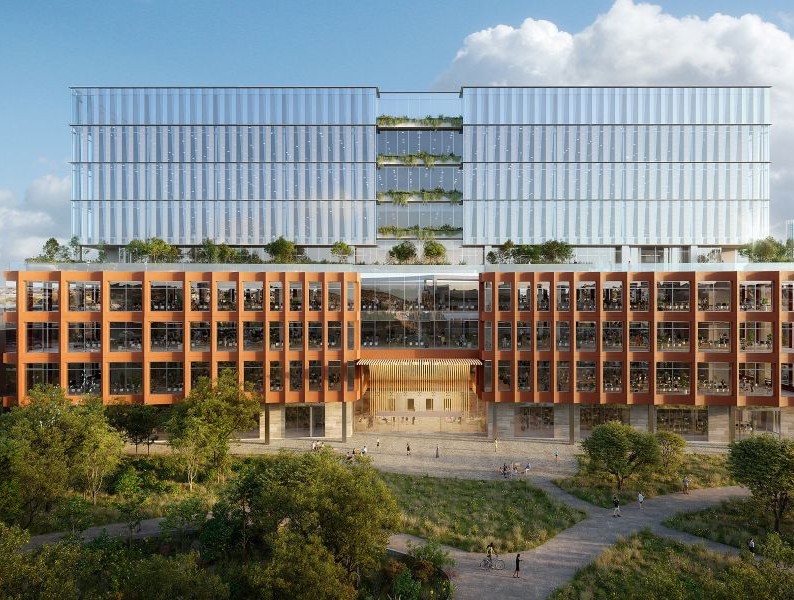
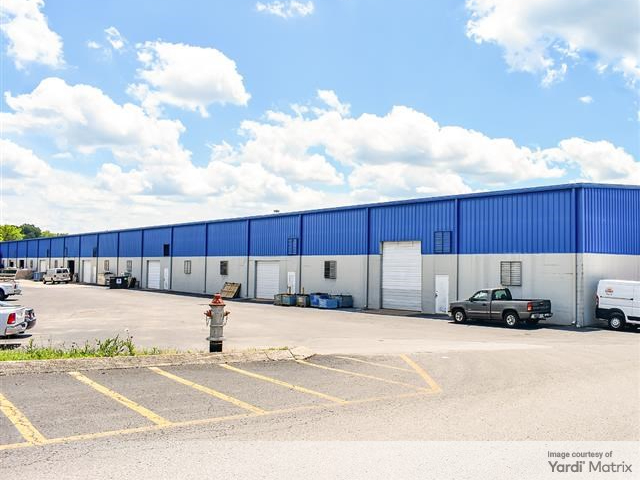
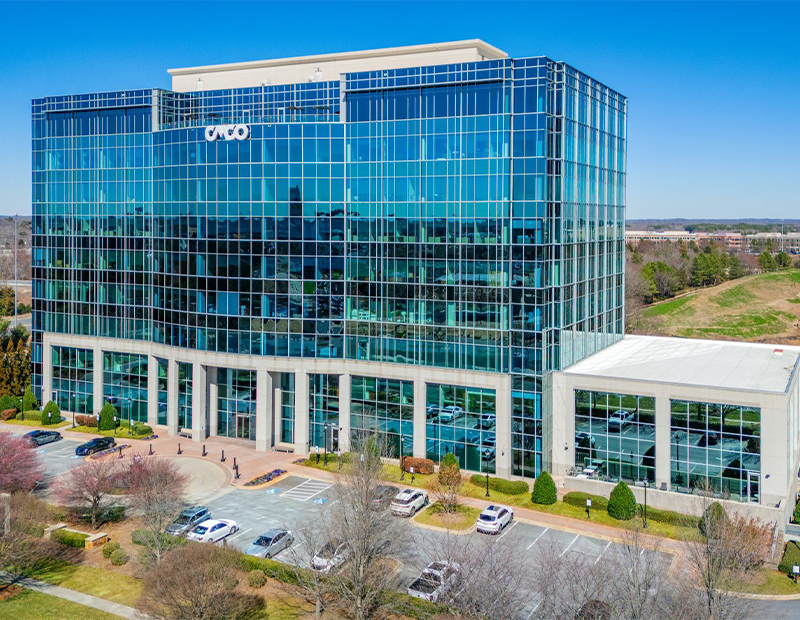
You must be logged in to post a comment.